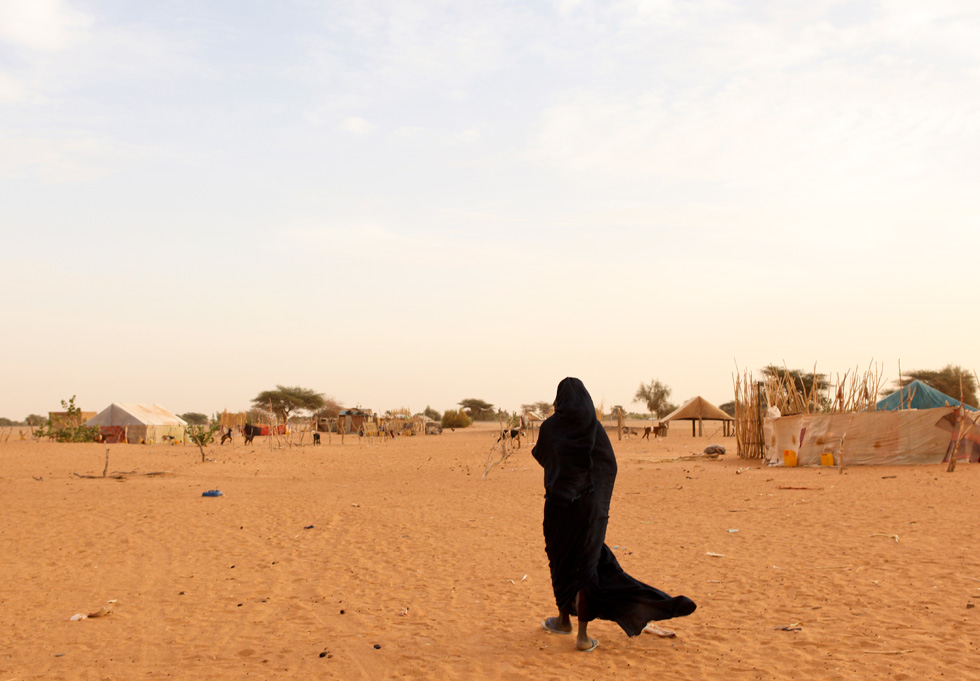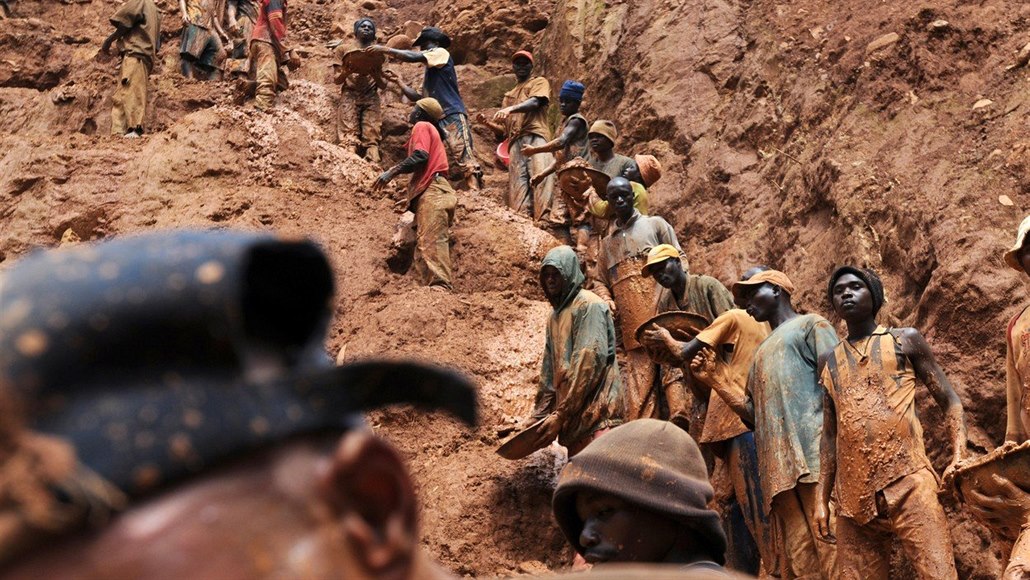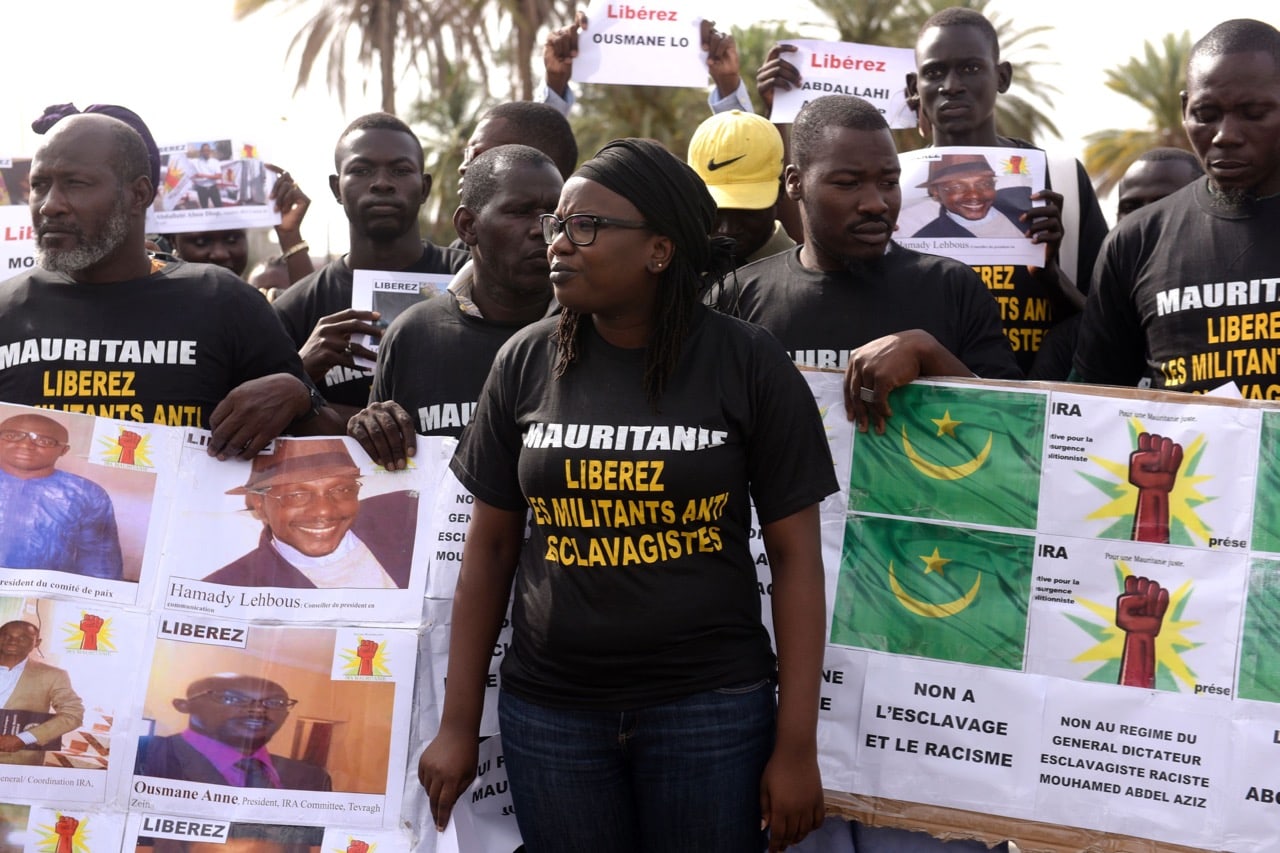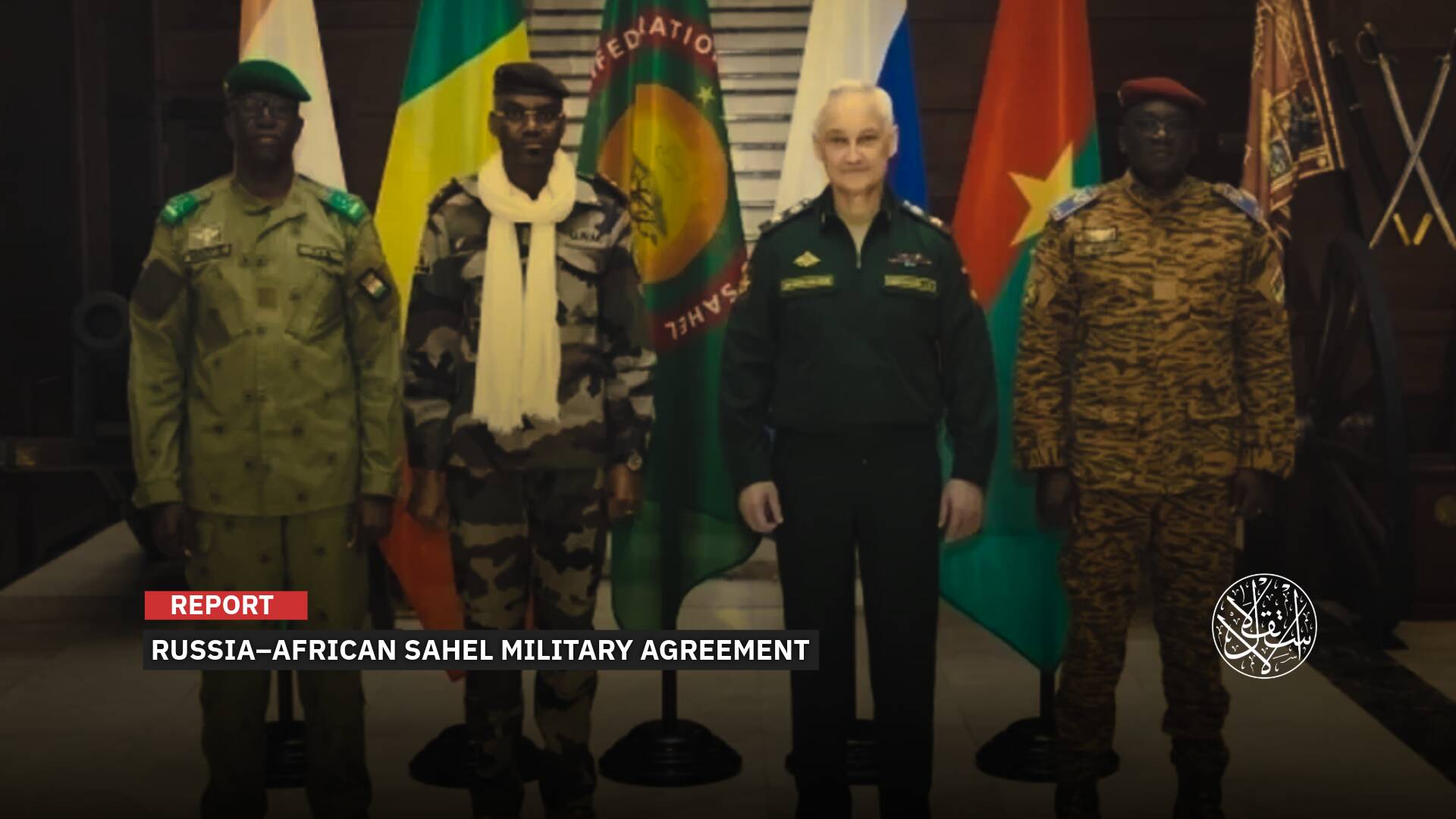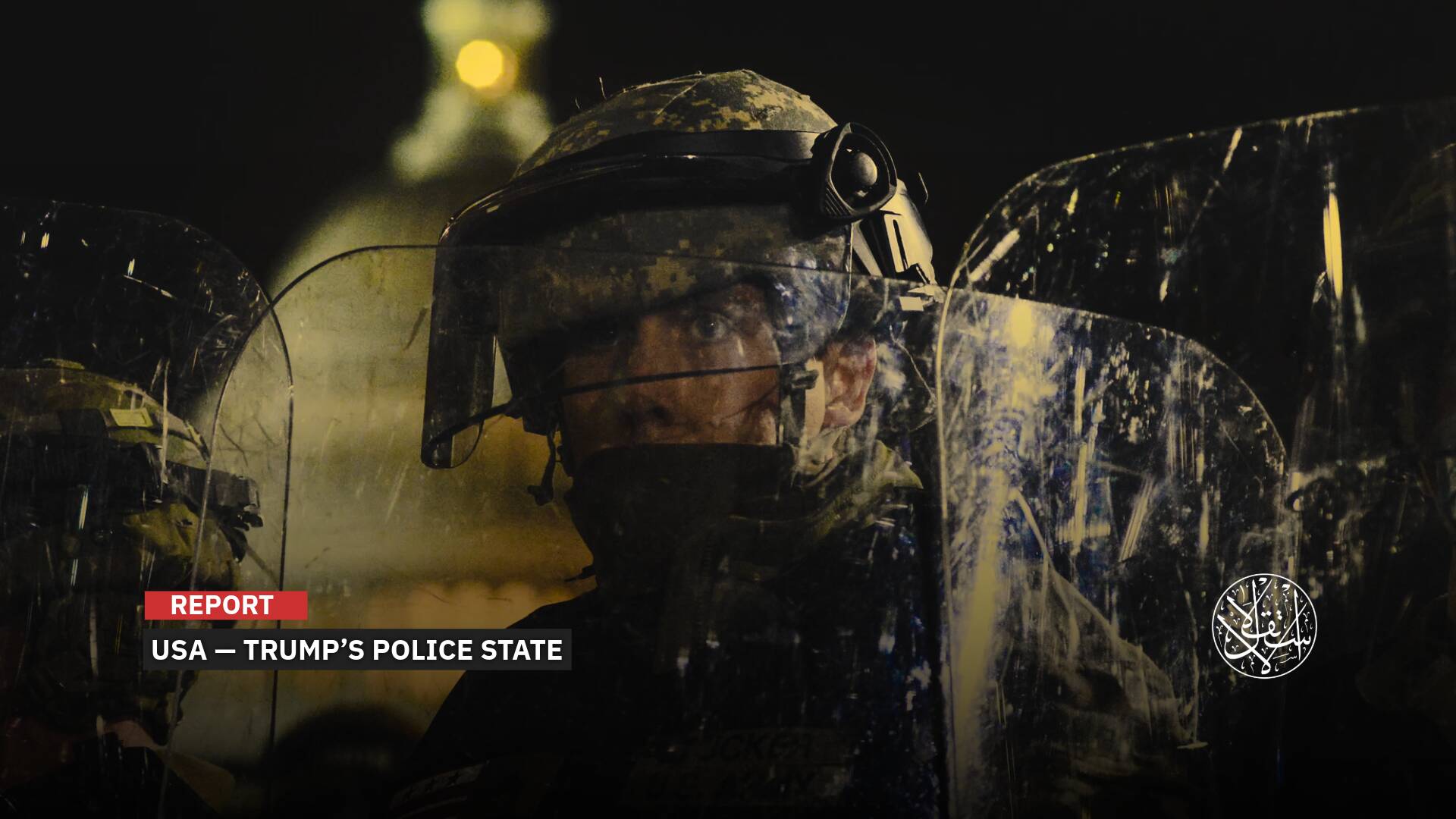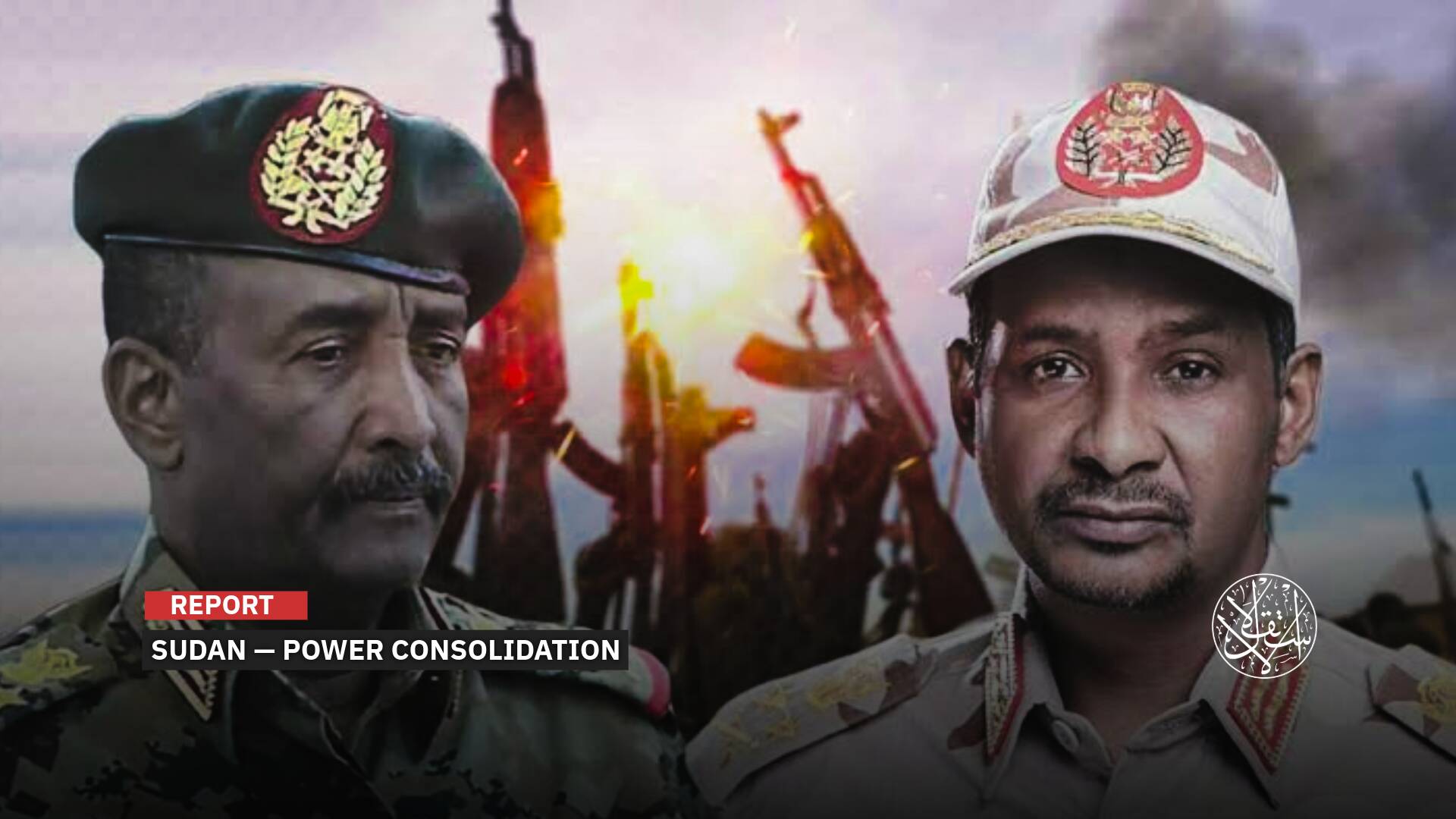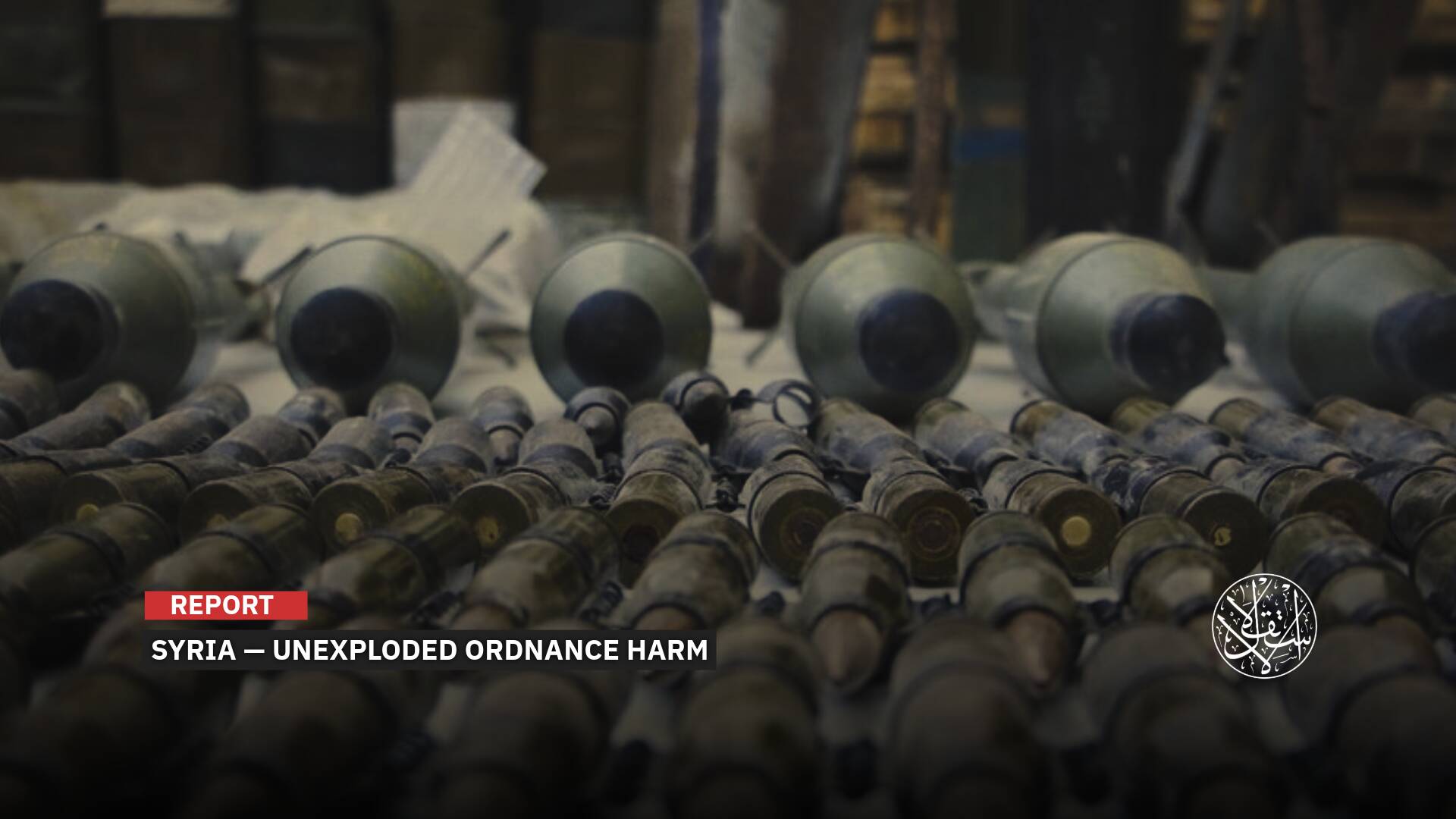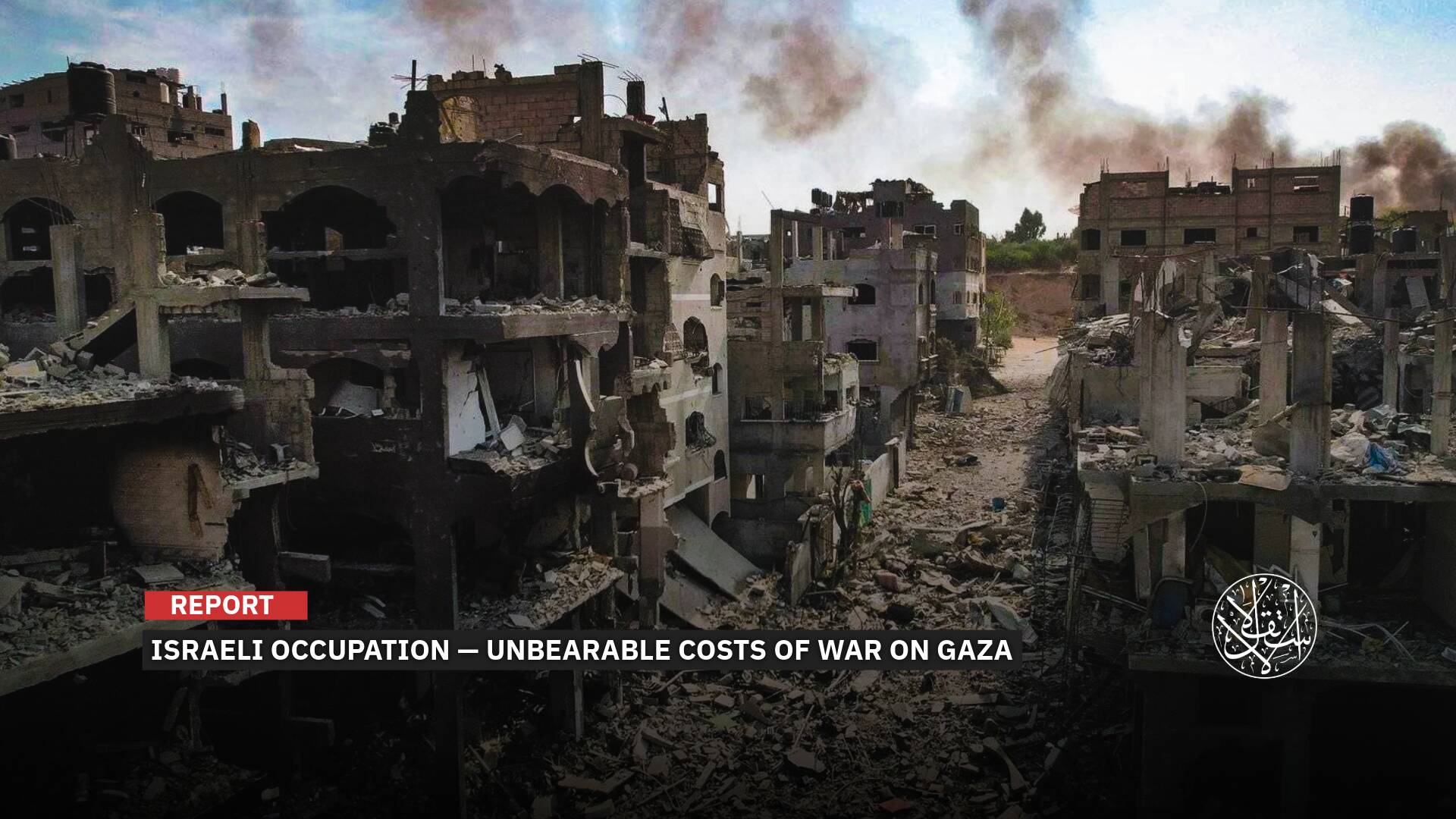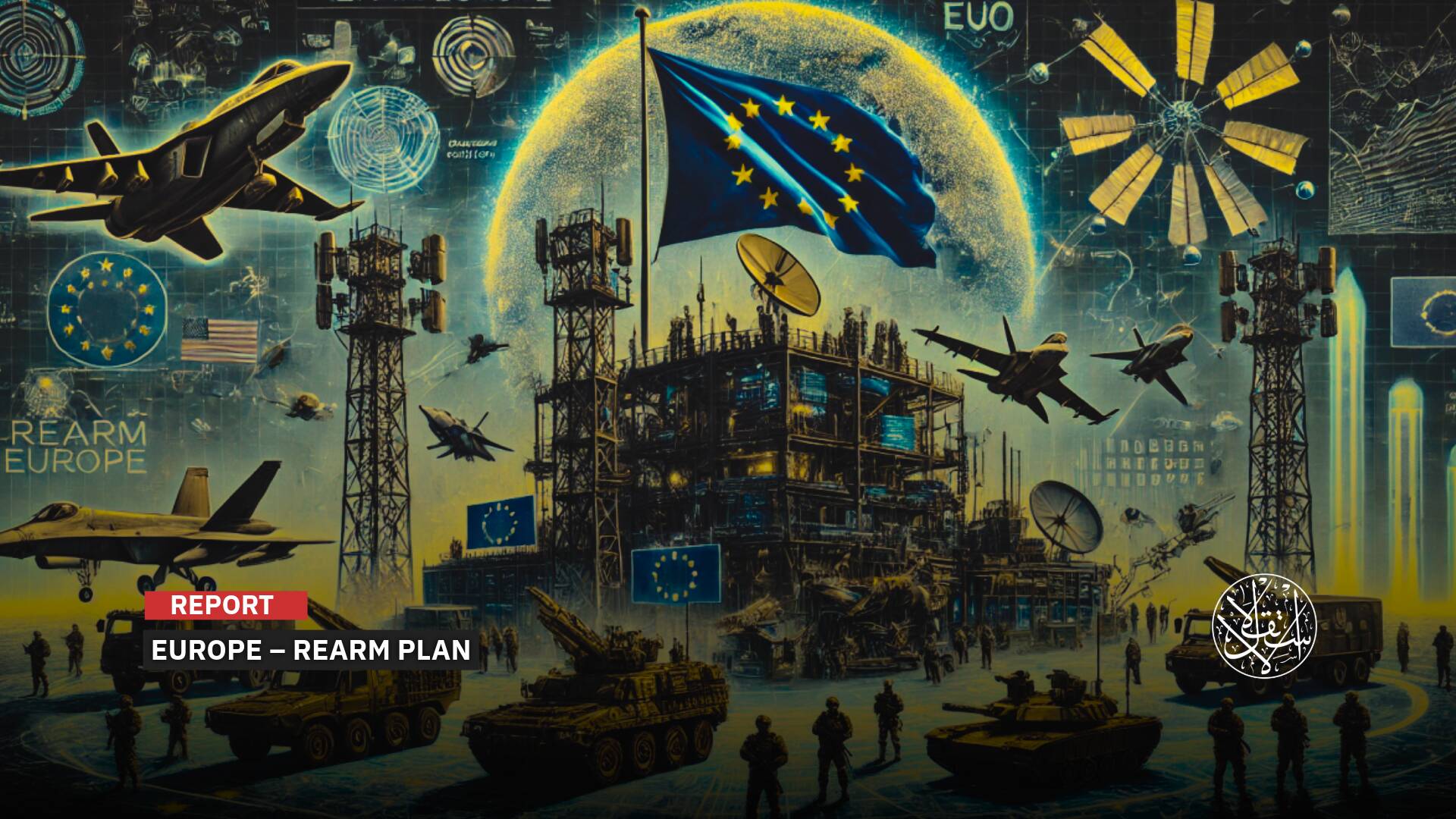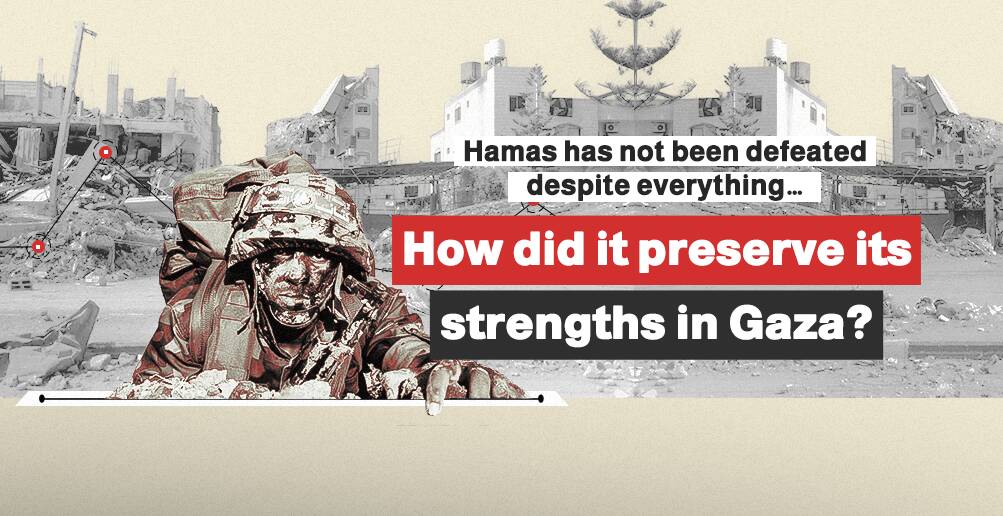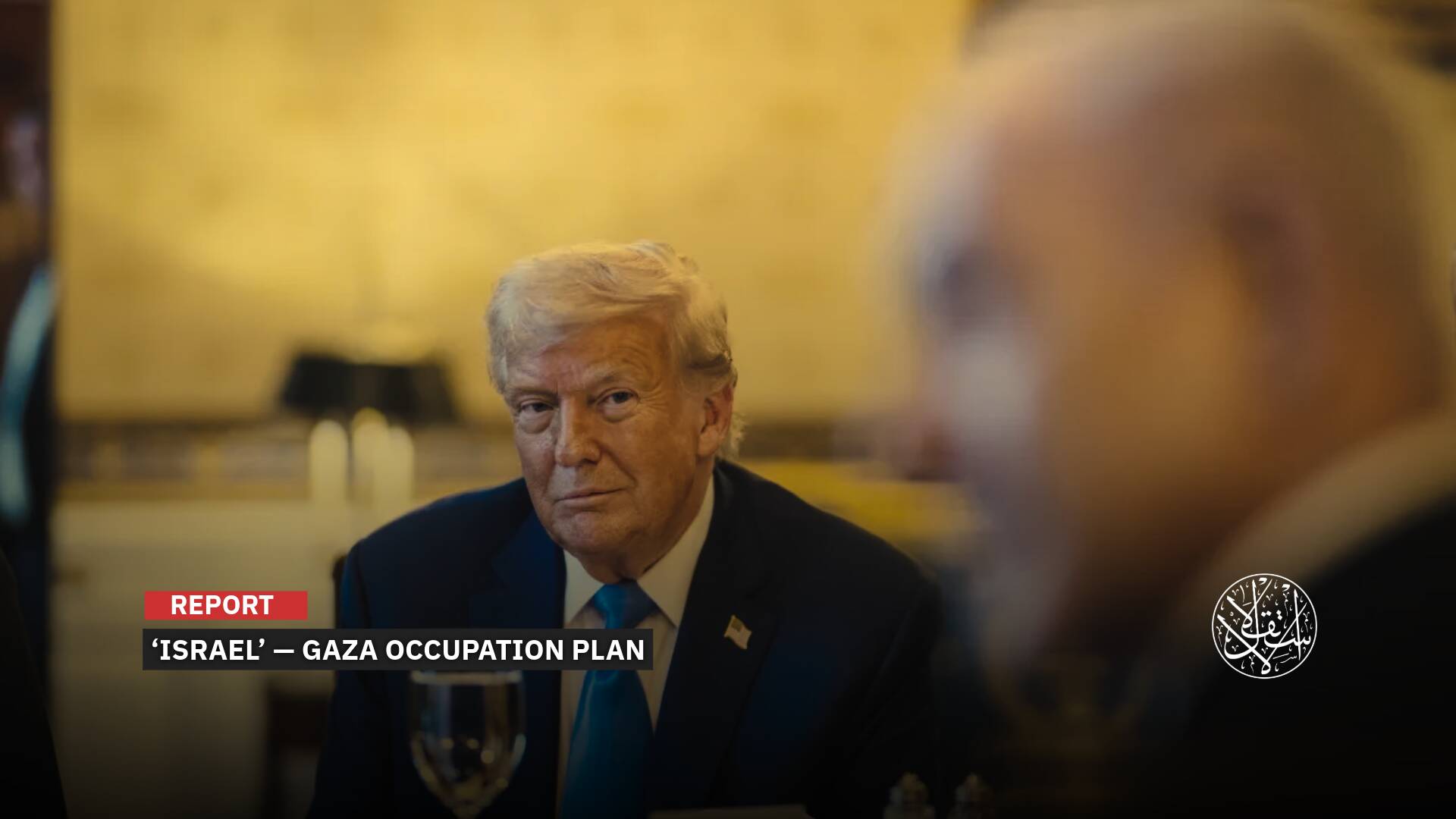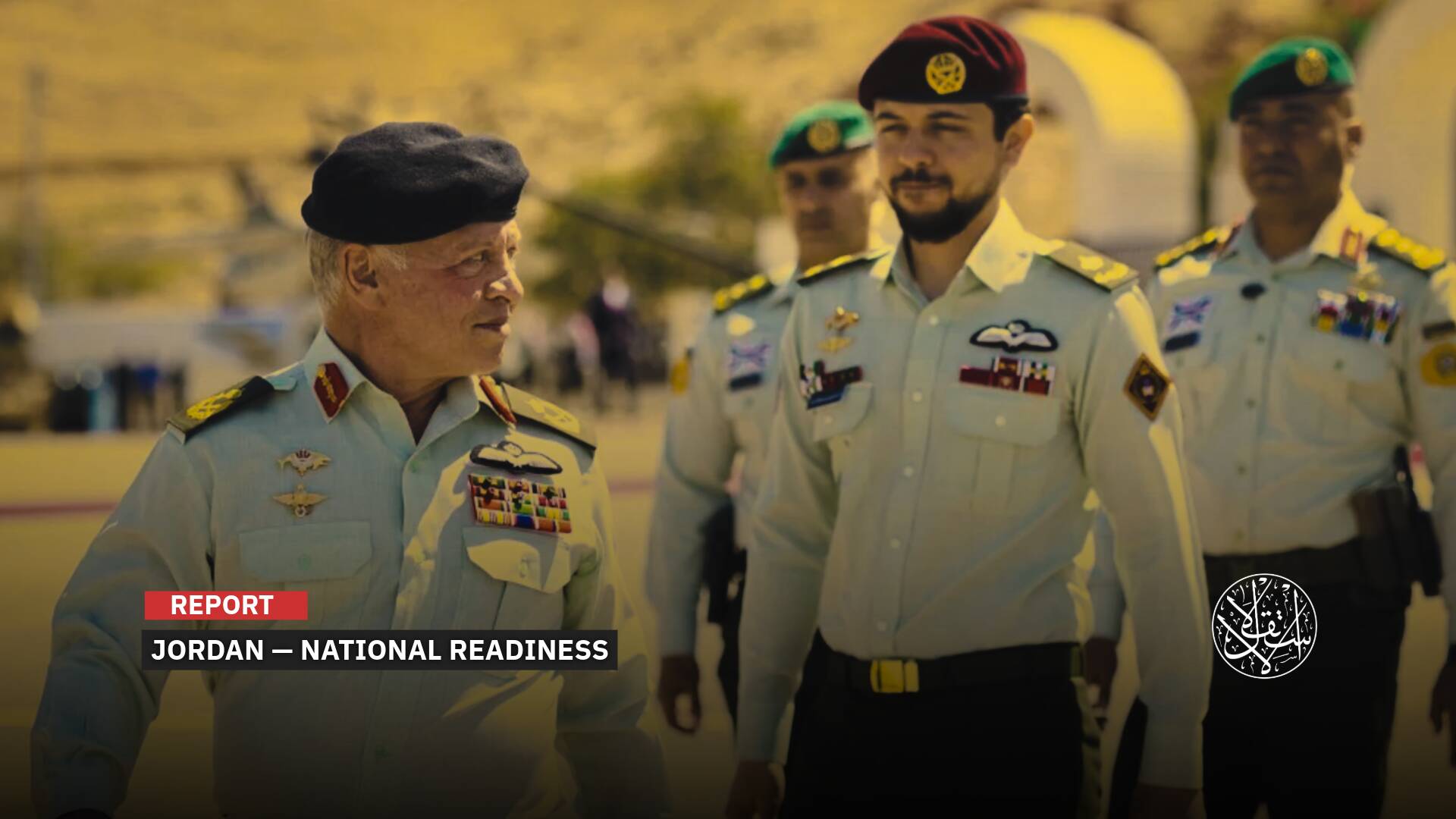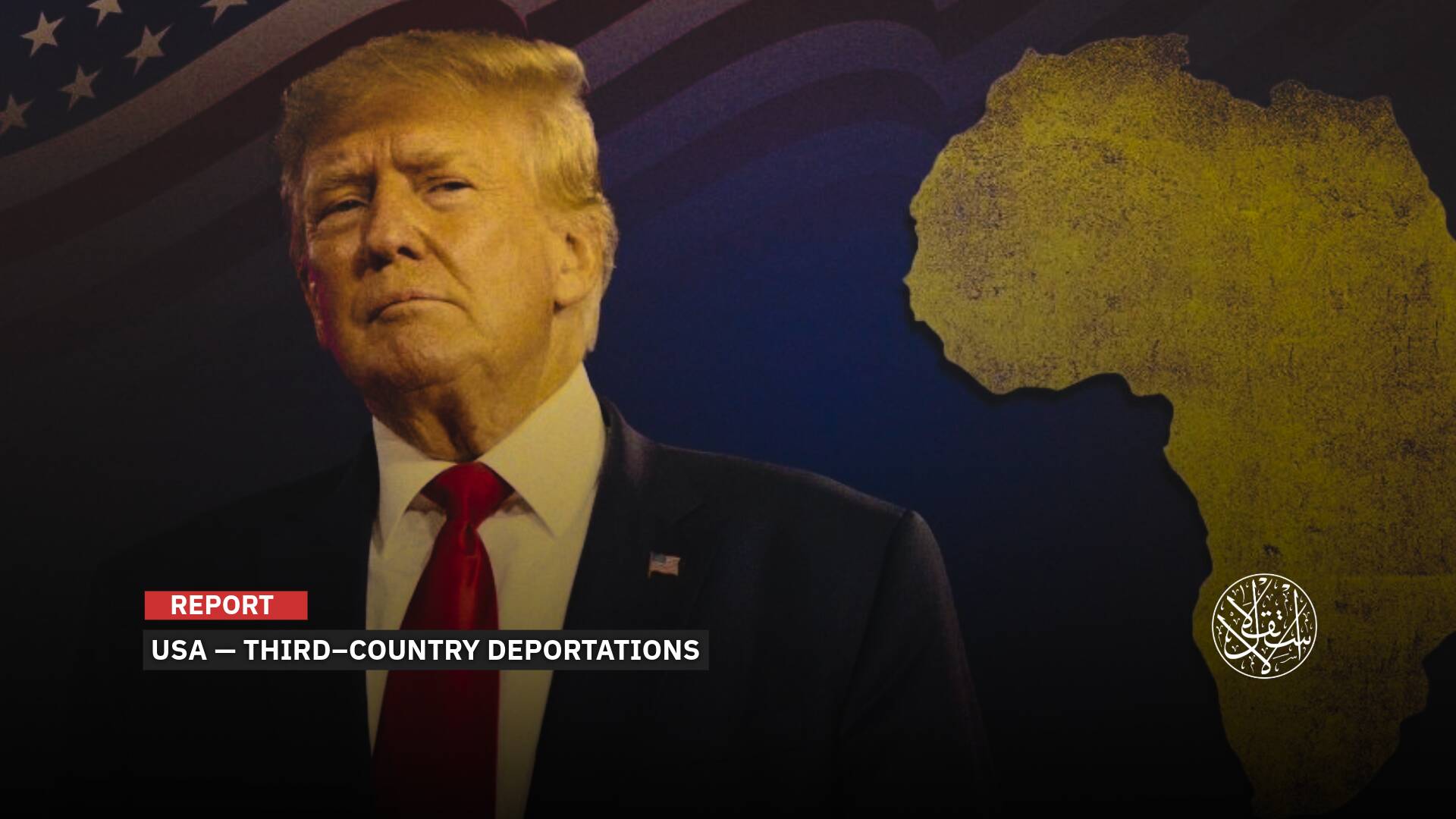Slavery in Mauritania: Mass Deportation of 'Haratines' Families From Nouakchott
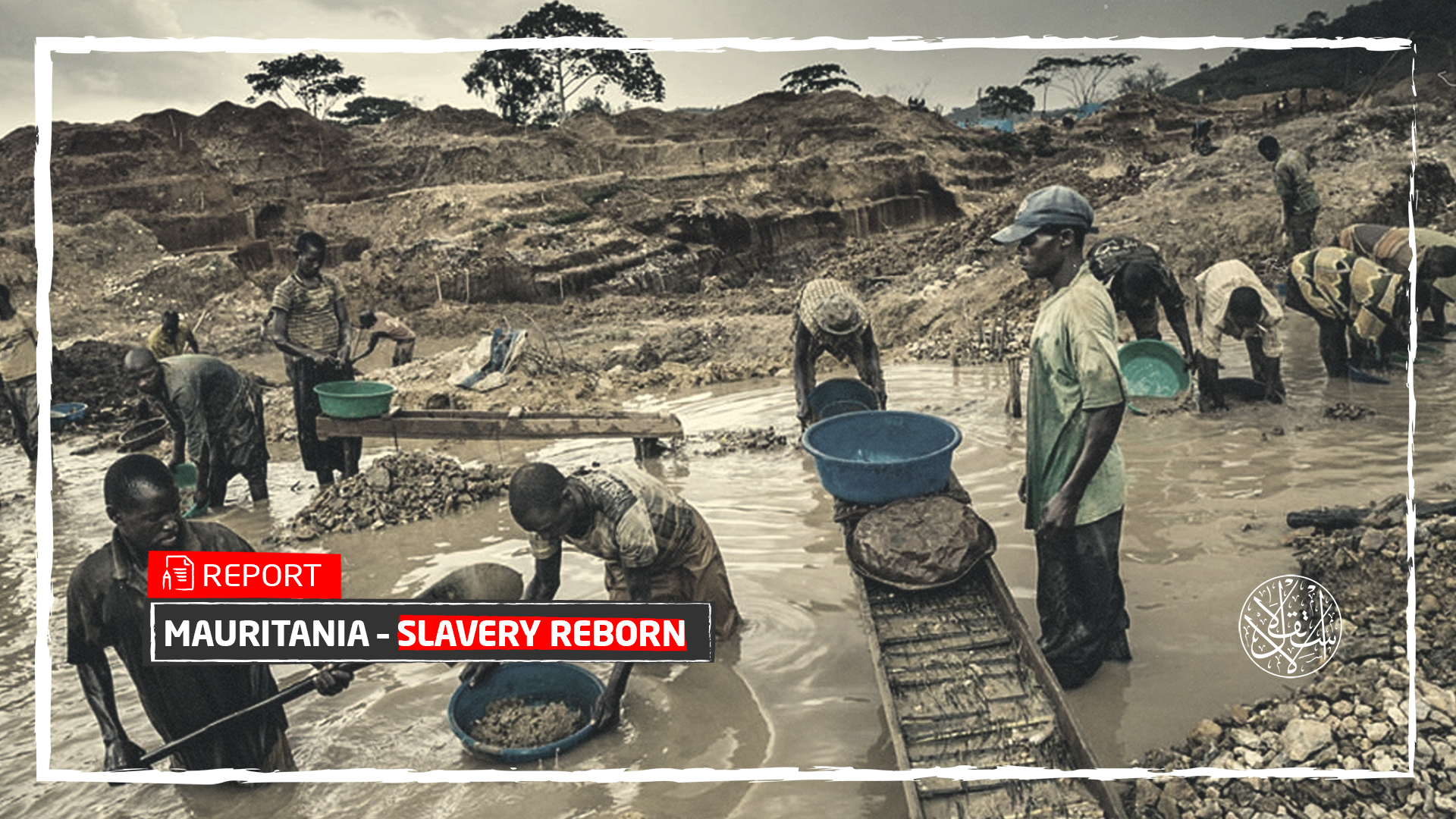
Since mid-September, the Ministry of Housing, Urbanization and Land Reclamation in Mauritania has "relocated the residents of some Nouakchott districts, most of them are from the Haratine poor families, who have historically suffered from slavery.
The Charter of Political, Economic and Social Rights of Haratines in Mauritania criticized the "random deportation" of families from some areas in the capital, Nouakchott, expressing its "rejection to discriminatory policies aiming at relocating these families in areas where living conditions are not available."
The statement explained that "the government has been implementing a plan for weeks to relocate hundreds of poor families who have been burdened by difficult life conditions, often associated with slavery practices and its repercussions. Most of the deported families were living in houses under construction as guards or were looking for jobs."
The International Minority Rights Group reported that “Mauritania is consistently ranked as the worst place in the world for slavery, with tens of thousands still trapped in total servitude across the country. This practice, despite officially being criminalized, continues to be sustained by the systematic marginalization of Mauritania’s large Haratine population.”
The Deportation Context
According to the media advisor of the Minister of Housing, Mohamed Ould Louli, "the deportation process was characterized by full coordination between the representatives of the deportees and the committee in charge of the operation in the ministry."
He said that the ministry has "all the lists of the deportees, their national numbers, and their phone numbers, and they are dealt with by the committee in charge of the operation in the ministry with full care, and all the necessary requirements are provided to them in implementation of the instructions of His Excellency the President of the Republic."
The authorities assert that they are seeking to give them plots of land in new areas while providing them with basic services.
According to the Mauritanian News Agency: “Last August, the Minister of Housing, Urbanism and Territorial Reclamation, Sidi Ahmed Ould Mohamed, launched an operation to open streets and vacate public squares in Nouakchott, stressing the need to impose "urban control on the one hand and implement the urbanization code regarding the prevention of the seizure of the public space,"
He pointed out at the time that "the authorities do not seek to disturb anyone, but rather seek to make everyone happy, but on legal grounds." Urbanism is what gives the city a good view as a public facade for the country.”
Lack of a Comprehensive Solution
The Charter of Political, Economic and Social Rights of Haratines emphasized that "Despite the decades-long persistence of this phenomenon, and with the clarity of its causes and its intertwining with the dilemma of slavery and the issue of Haratine, the current authorities have chosen to deal with the problem randomly. Instead of finding a solution, the government is about to increase the pain and to start a new deeper crisis."
The statement continued, "There are members of our government who believe that among our citizens there are those who deserve to live in poverty and lacking the necessities of life. The necessity of “removing them” to areas befitting their weakness and fragility, in order to preserve the face of their current areas of presence.”
The charter concluded “the need to search for a comprehensive solution to the problems associated with slavery and its remnants in all national components, foremost of which is the case of Haratine, whose urban, agricultural and rural issues represent one of its grim aspects.”
The ‘Haratines’ Facing Slavery and Discrimination
CNN shed light on the story of the Mauritanian Moulkheir Mint Yarba who escaped slavery in 2010. Yarba asked the Mauritanian courts to prosecute her slave masters. "I demand justice," she says, "justice for my daughter that they killed and justice for all the time they spent beating and abusing me."
The United Nations’ special rapporteur on contemporary forms of slavery, Gulnara Shahinian estimated that “10% to 20% of Mauritania’s 3.4 million people are enslaved — in “real slavery.”
The International Minority Rights Group added “The persistent failure of the government, security forces and other stakeholders to protect this group has left them exposed to widespread exploitation and dehumanization. The situation is especially precarious for Haratine women, who are discriminated against on account of both their gender and ethnicity.”
It pointed out that “Haratines, whether slaves or free, face ongoing discrimination and marginalization across Mauritanian society. Though the immediate abolition of slavery in Mauritania is a critical first step in reducing many of the worst rights abuses against Haratines, a wider process of social and institutional reform will also be required before their rights and security can be ensured.”
In a joint report filled by The UNIPO and its Member, the Initiative for the Resurgence of the Abolitionist Movement (IRA) in Mauritania, “Slavery continues to exist in Mauritania with Haratin women and children particularly impacted. While there has been significant progress in ending slavery by law, slavery practices persist, with strong indications of counter-actions by former slave owners and the justice system to held perpetuate slavery in other forms and to return freed or escaped slaves to their former captors.”
The report explained that “The Haratin continue to be discriminated against in all walks of life. The lack of equal opportunities to participate in public life and to own property present significant barriers to ever being able to successfully move beyond the legacy of slavery in the country.”
Repressing Anti-Slavery Activists
MRG affirmed that “the Slavery issues can only be addressed by a comprehensive and sustained process of social and institutional reform. However, authorities have consistently repressed civil society organizations, particularly IRA Mauritania, detaining and intimidating activists and members of the political opposition advocating for an end to slavery.
It added, “This included Biram Dah Abeid, President of IRA Mauritania and an opposition politician who ran against Abdel Aziz in the 2014 elections; he was arrested with two others in January 2015 for their involvement in peaceful anti-slavery protests and sentenced to two years in prison. He was only released in May 2016 after 18 months’ imprisonment, having had his sentence commuted to a year.”
UNIPO and IRA report concluded, “More antislavery activists have been imprisoned in the past years than those perpetuating slavery is testament to how ingrained slavery is to the fabric of those who control Mauritanian government and society.”


